Best movies like Restitution? Africa's Fight for Its Art
A unique, carefully handpicked, selection of the best movies like Restitution? Africa's Fight for Its Art Starring Léonie Simaga, and more. If you liked Restitution? Africa's Fight for Its Art then you may also like: One Night with the King, The Four Feathers, Zulu, Zulu Dawn, The Universal Language and many more popular movies featured on this list. You can further filter the list even more or get a random selection from the list of similar movies, to make your selection even easier.
There is an interlinking history of violent European colonialism and the cultural legacy of ethnographic collections in institutions. This documentary traces the progression of colonial history from the Berlin Conference of 1884-85 to the systematic elimination of cultural traditions, religions and lifeways which would occur sporadically through genocides and warfare until the early 20th century throughout the African continent—surveying the inquiries and movements for historical justice, the relationships between European institutions and colonial violence and following enduring struggles against these organisations to regain what was taken.
You may filter the list of movies on this page for a more refined, personalized selection of movies.
Still not sure what to watch click the recommend buttun below to get a movie recommendation selected from all the movies on this list
The Four Feathers
A disgraced officer risks his life to help his childhood friends in battle.
The Universal Language
The Universal Language is a new documentary from Academy Award-nominated director Sam Green (The Weather Underground). This 30-minute film traces the history of Esperanto, an artificial language that was created in the late 1800s by a Polish eye doctor who believed that if everyone in the world spoke a common tongue, humanity could overcome racism and war. Fittingly, the word “Esperanto” means “one who hopes.” During the early 20th century, hundreds of thousands of people around the world spoke Esperanto and believed in its ideals. Today, surprisingly, a vibrant Esperanto movement still exists. In this first-ever documentary about Esperanto, Green creates a portrait of the language and those who speak it today that is at once humorous, poignant, stirring, and ultimately hopeful.
Black and White in Color
French colonists in Africa, several months behind in the news, find themselves at war with their German neighbors. Deciding that they must do their proper duty and fight the Germans, they promptly conscript the local native population. Issuing them boots and rifles, the French attempt to make "proper" soldiers out of the Africans. A young, idealistic French geographer seems to be the only rational person in the town, and he takes over control of the "war" after several bungles on the part of the others.
Occupation 101
A thought-provoking documentary on the current and historical causes of the Israeli-Palestinian conflict and U.S. political involvement.
Rebellion
April 1988, Ouvéa Island, New Caledonia. 30 gendarmes are taken hostage by a group of Kanak freedom fighters. 300 soldiers are sent from France to re-establish order. 2 men confront each other: Philippe Legorjus, chief of the terrorist squad, and Alphonse Dianou, head of the kidnappers. Through their shared values, they will attempt to make discussion triumph. But, in the middle of a presidential election, when the stakes are political, order isn't always dictated by morality. A violent and troubling epic that marks the return of Mathieu Kassovitz in front and behind the camera.
Clive of India
Fort St. David, Cuddalore, southern India, 1748. While colonial empires battle to seize an enormous territory, rich in spices and precious metals beyond the wildest dreams, and try to gain the favor of the local kings, Robert Clive (1725-1774), a frustrated but talented clerk who works for the East Indian Company and struggles to earn his fortune, makes a bold decision that will change his life forever.
Danton
Danton and Robespierre were close friends and fought together in the French Revolution, but by 1793 Robespierre was France's ruler, determined to wipe out opposition with a series of mass executions that became known as the Reign of Terror. Danton, well known as a spokesman of the people, had been living in relative solitude in the French countryside, but he returned to Paris to challenge Robespierre's violent rule and call for the people to demand their rights. Robespierre, however, could not accept such a challenge, even from a friend and colleague, and he blocked out a plan for the capture and execution of Danton and his allies.
The Last of the Mohicans
In war-torn colonial America, in the midst of a bloody battle between British, the French and Native American allies, the aristocratic daughter of a British Colonel and her party are captured by a group of Huron warriors. Fortunately, a group of three Mohican trappers comes to their rescue.
Freestyle: The Art of Rhyme
From neighborhood ciphers to the most notorious MC battles, "Freestyle: the Art of Rhyme" captures the electrifying energy of improvisational hip-hop--the rarely recorded art form of rhyming spontaneously. Like preachers and jazz solos, freestyles exist only in the moment, a modern-day incarnation of the African-American storytelling tradition. Shot over a period of more than seven years, it is already an underground cult film in the hip-hop world. The film systematically debunks the false image put out by record companies that hip-hop culture is violent or money-obsessed. Instead, it lets real hip-hop artists, known and unknown, weave their story out of a passionate mix of language, politics, and spirituality.
The Pearl Button
The ocean contains the history of all humanity. The sea holds all the voices of the earth and those that come from outer space. Water receives impetus from the stars and transmits it to living creatures. Water, the longest border in Chile, also holds the secret of two mysterious buttons which were found on its ocean floor. Chile, with its 2,670 miles of coastline and the largest archipelago in the world, presents a supernatural landscape. In it are volcanoes, mountains and glaciers. In it are the voices of the Patagonian Indigenous people, the first English sailors and also those of its political prisoners. Some say that water has memory. This film shows that it also has a voice.
The Governor's Party
A French civil servant throws The Governor's Party when his daughter comes of age regardless of colonial unrest and her parents' stormy marriage.
Terror's Advocate
A documentary on Jacques Vergès, the controversial lawyer and former Free French Forces guerrilla, exploring how Vergès assisted, from the 1960s onwards, anti-imperialist terrorist cells operating in Africa, Europe, and the Middle East. Participants interviewed include Algerian nationalists Yacef Saadi, Zohra Drif, Djamila Bouhired and Abderrahmane Benhamida, Khmer Rouge members Nuon Chea and Khieu Samphan, once far-left activists Hans-Joachim Klein and Magdalena Kopp, terrorist Carlos the Jackal, lawyer Isabelle Coutant-Peyre, neo-Nazi Ahmed Huber, Palestinian politician Bassam Abu Sharif, Lebanese politician Karim Pakradouni, political cartoonist Siné, former spy Claude Moniquet, novelist and ghostwriter Lionel Duroy, and investigative journalist Oliver Schröm.
Isabelle Eberhardt
Story of a young woman journalist who becomes enmeshed in the politics of the annexation of Morrocco from Algeria at the turn of the twentieth century.
Mister Johnson
In 1923 British Colonial Nigeria, Mister Johnson is an oddity -- an educated black man who doesn't really fit in with the natives or the British. He works for the local British magistrate, and considers himself English, though he has never been to England. He is always scheming, trying to get ahead, which lands him in a lot of hot water.
Pornotropic
When French writer Marguerite Duras (1914-96) published her novel The Sea Wall in 1950, she came very close to winning the prestigious Prix Goncourt. Meanwhile, in Indochina, France was suffering its first military defeats in its war against the Việt Minh, the rebel movement for independence.
Foucault Against Himself
In both his private and public life, Foucault often contradicted himself, especially when his ideas collided with the institutions where he worked. Contemporary critics and philosophers reframe their legacy in an effort to build new ways of thinking about his struggle against the mechanisms of domination within society, demonstrating how the conflict lies at the heart of his life and work.
Alice in Russialand
Documentary by Ken Russell that shows Alice traveling through a century of Russian's history, from the period of Tsarism, through Socialism and Glasnost. Alice's original characters embody ideological conflicts crossing politics, art and cultural movements.
Cambodia, Pol Pot and the Khmer Rouge
Between April, 1975 and January, 1979, Pol Pot and the Khmer Rouge were responsible for the deaths of 1.7 million people in Cambodia. A quarter of the population were wiped out in one of the most brutal and virulent genocides of the twentieth century. This new film explores the life of Pol Pot, the ever-smiling, obsessively secretive leader of the Khmer Rouge. What drove him to inflict such a radical experiment on his own people? How did the Khmer Rouge turn from a band of nationalist revolutionaries into a ruthless killing machine? And why did the West stand by and let it happen? As an international tribunal in Cambodia finally brings the surviving leaders of the Khmer Rouge to justice, it's time to re-examine the gruesome legacy of Pol Pot.
China: The Uighur Tragedy
A relentless chronicle of the tragedy of the Uighurs, an ethnic minority of some eleven million people who live in the Xinjiang region of northwest China, speak a Turkic language and practice the Muslim religion. The Uighurs suffer brutal cultural and political oppression by Xin Jinping's tyrannical government: torture, disappearances, forced labor, re-education of children and adults, mass sterilizations, extensive surveillance and destruction of historical heritage.
Killing the Indian in the Child
The Indian Act, passed in Canada in 1876, made members of Aboriginal peoples second-class citizens, separated from the white population: nomadic for centuries, they were moved to reservations to control their behavior and resources; and thousands of their youngest members were separated from their families to be Christianized: a cultural genocide that still resonates in Canadian society today.
Morning Sun
The film Morning Sun attempts in the space of a two-hour documentary film to create an inner history of the Great Proletarian Cultural Revolution (c.1964-1976). It provides a multi-perspective view of a tumultuous period as seen through the eyes—and reflected in the hearts and minds—of members of the high-school generation that was born around the time of the founding of the People’s Republic of China in 1949, and that came of age in the 1960s. Others join them in creating in the film’s conversation about the period and the psycho-emotional topography of high-Maoist China, as well as the enduring legacy of that period.
Congo: White King, Red Rubber, Black Death
This true, astonishing story describes how King Leopold II of Belgium turned Congo into its private colony between 1885 and 1908. Under his control, Congo became a gulag labor camp of shocking brutality. Leopold posed as the protector of Africans fleeing Arab slave-traders but, in reality, he carved out an empire based on terror to harvest rubber.
The Living Dream: 100 Years of Rocky Mountain National Park
The history of Rocky Mountain National Park is told with the help of historians, historical photographs and never before seen movie footage. Te begins with the Native American and Mountain Man eras through the pioneers. It continues through the 20th Century and into modern times. A group of individuals pooled their passions and dreams with those of naturalist Enos Mills. They persevered through opposition and antagonism while transforming an economy of mining and ranching to an economy of preservation and conservation. Legendary Everest climber Tom Hornbein and world-class climber, Tommy Caldwell share stories of Longs Peak and join others who pass on their legacies from this National Park.
The Search for the Lost Manuscript: Julian of Norwich
In this hour-long documentary, Dr Janina Ramirez tells the incredible story of a book hidden for centuries in the shadows of history, the first book ever written in English by a woman, Julian of Norwich, in 1373. Revelations of Divine Love dared to present an alternative vision of man's relationship with God, a theology fundamentally at odds with the church of Julian's time, and for 500 years the book was suppressed. It re-emerged in the 20th century as an iconic text for the women's movement and was acknowledged as a literary masterpiece.
When Seattle Invented the Future: The 1962 World's Fair
Historical photographs and film of the 1962 Seattle World's Fair bring this documentary to life. Seattle's business, civic and cultural leaders and longtime residents tell of the excitement and ambition the Fair ignited.
The untold story of the Vatican
What started as a simple tomb became over a 2,000 years history the universal seat of Christendom and is today one of the most visited museum in the world with invaluable collections of Arts, Manuscripts, Maps. Using spectacular 3D modelisation and CGI to give viewers as never before a true understanding of the history of this architectural masterpiece and its extensions, the film will also use animation to tell relevant historical events. This heritage site reveals new untold secrets with the help of historians deciphering the Vatican’s rich archives and manuscripts collection and following the restorations at work (newly discovered frescoes by Raphael) and recent excavations. A story where Religion, Politics, Arts and Science meet to assert religious authority and serve as a spiritual benchmark.
American Reds: The Failed Revolution
The documentary AMERICAN REDS provides a historical overview of 20th century Communism and the growth, decline and contemporary relevance of the Communist Party, USA (CPUSA). Since its founding in 1919, the CPUSA has championed the struggles for democracy, labor rights, women’s equality, and racial justice. During its heyday in the 1930s and 1940s, it attracted millions of Americans to support its causes and almost 100,000 men and women to enlist in its ranks. The film begins with the Party's emergence as a small militant sect in the 1920s and documents its rise to the foremost radical group in the United States during the Great Depression, fighting against racism, sexism and fascism, as well as for the rights of workers to organize. It ends with the decline of the Party during the Cold War under the assaults of the FBI and anti- communist crusades.
From Behind Closed Doors
Showtime's "In the 20th Century" is a millennium-related strand of feature-length documentaries in which famous directors take on major subjects of their choosing. In the second of the six films, "From Behind Closed Doors," filmmaker Robert Townsend delves into America's fraught relationship with sex and sexuality, using New York's Times Square as the focal point as he traces 100 years of sexual mores and practices.
Botticelli's Venus: The Making of an Icon
Sam Roddick explores the enduring appeal of Botticelli's masterpiece The Birth of Venus, one of the most celebrated paintings in western art. A joyous celebration of female sexuality, its journey to worldwide fame was far from straightforward and it lay in obscurity for centuries. Artist and entrepreneur Sam explains why Botticelli's nude was so revolutionary, and explores its impact on contemporary culture with artists such as Terry Gilliam, who memorably reinvented Venus for his Monty Python's Flying Circus animations.
Al-Ghazali: The Alchemist of Happiness
Exploring the life and impact of the greatest spiritual and legal philosopher in Islamic history, this film examines Ghazali's existential crisis of faith that arose from his rejection of religious dogmatism, and reveals profound parallels with our own times. Ghazali became known as the Proof of Islam and his path of love and spiritual excellence overcame the pitfalls of the organised religion of his day. His path was largely abandoned by early 20th century Muslim reformers for the more strident and less tolerant school of Ibn Taymiyya. Combining drama with documentary, this film argues that Ghazali's Islam is the antidote for today's terror.


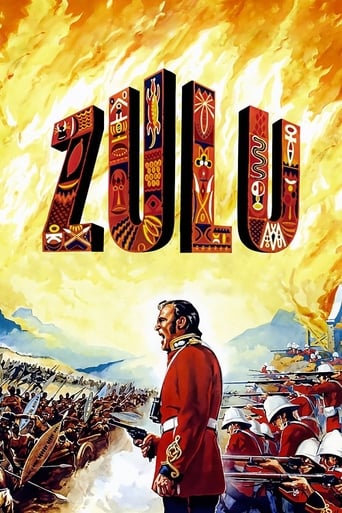
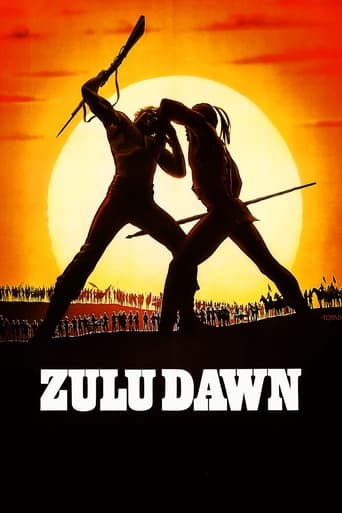






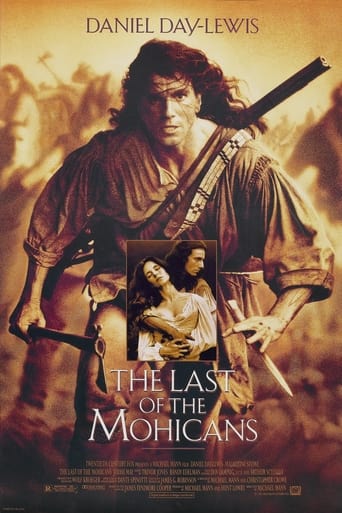
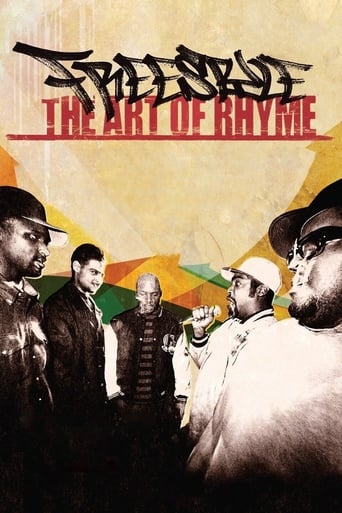


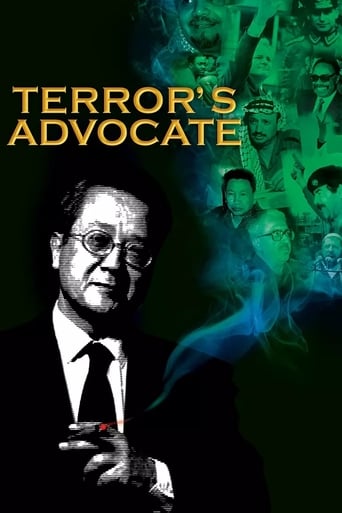
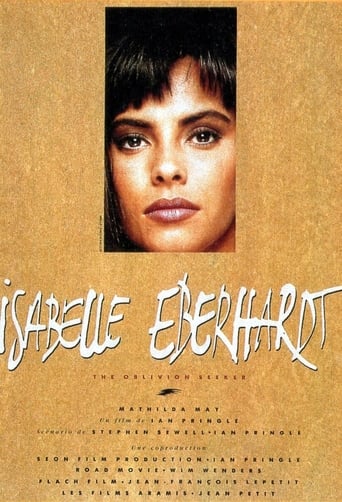
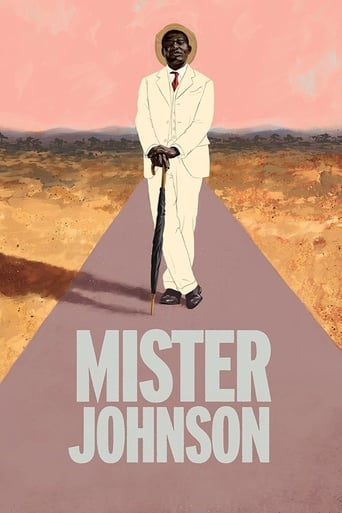
















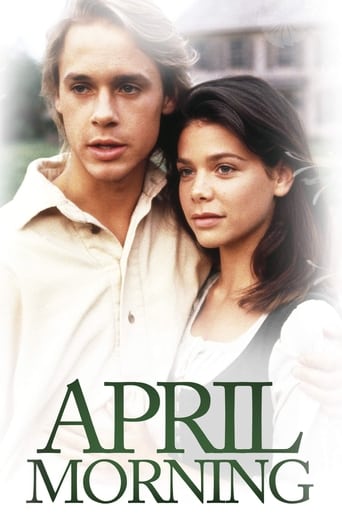


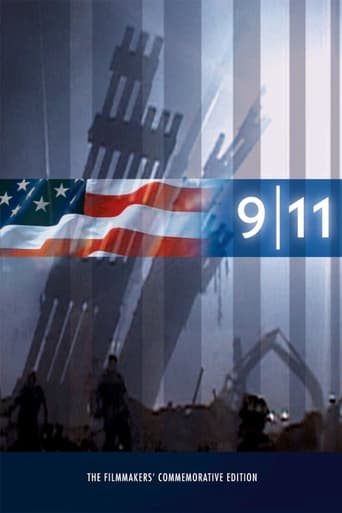

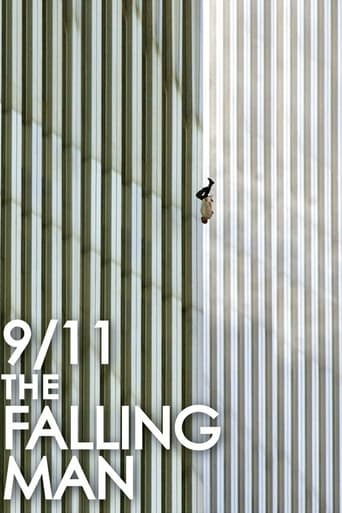
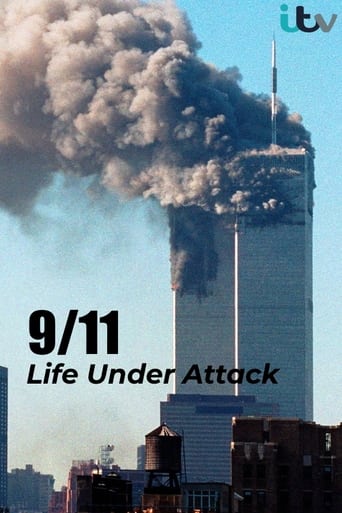
One Night with the King
This amazing biblical drama chronicles the brave and historic legend of Hadassah, a Jewish orphan with exceptional beauty who rises to become Queen Esther of Persia and saves Persian Jews from genocide. By revealing her heritage to the king, Esther thwarts the evil prime minister's plan to annihilate all Jews in the Persian Empire. The annual festival of Purim is inspired by her heroism.